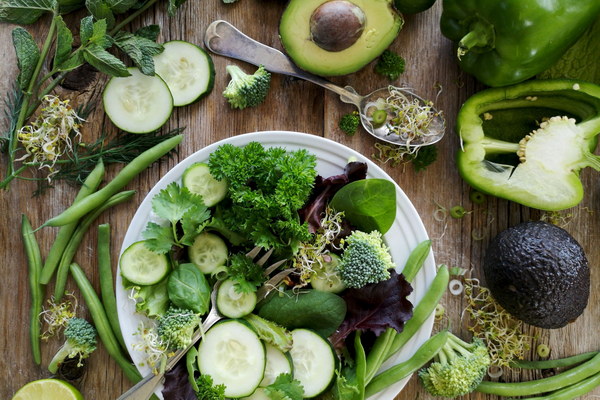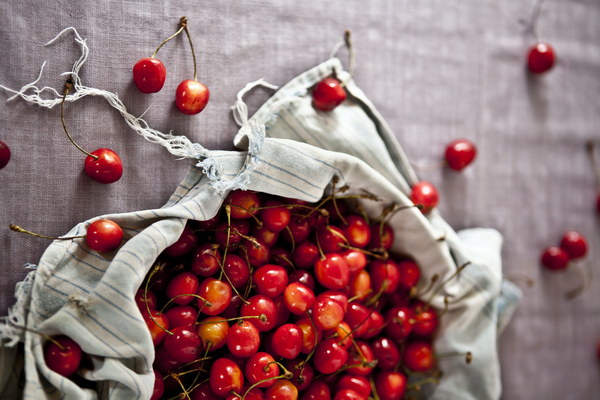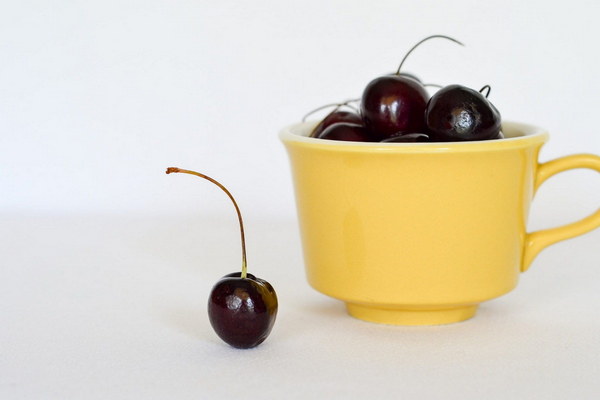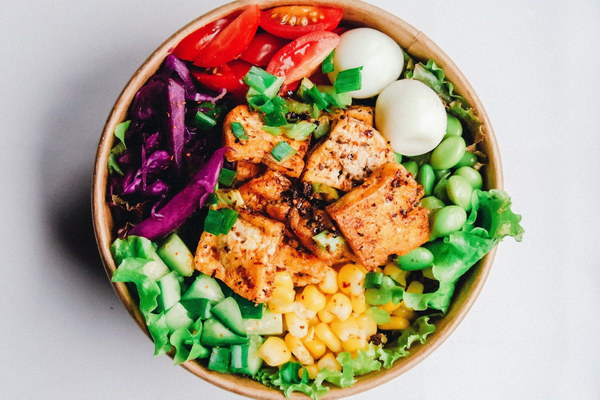Boost Your Wellness Tea or Traditional Herbs A Comprehensive Guide to Chinese Health Practices
Boost Your Wellness: Tea or Traditional Herbs? A Comprehensive Guide to Chinese Health Practices
In the realm of traditional Chinese medicine, the choice between sipping on a warm cup of healing tea or ingesting a blend of natural herbs is a personal one, influenced by individual health needs and personal preference. Both methods offer unique benefits, and understanding their differences can help you make an informed decision about which path to take for your wellness journey.
The allure of Chinese Herbs
Traditional Chinese medicine (TCM) has been practiced for over 2,500 years, with a focus on balancing the body's Yin and Yang energies. Herbs are a cornerstone of this practice, offering a holistic approach to healing that addresses the root cause of illness rather than just the symptoms. Here are some key points to consider when opting for herbal remedies:
1. Comprehensive Healing: Herbs are often used in combination to address multiple aspects of health, ensuring a holistic approach to wellness.
2. Customized Formulas: A TCM practitioner will tailor a formula to your specific constitution and condition, ensuring that the treatment is as personalized as possible.
3. Preventative Care: TCM emphasizes prevention, and herbs can be used proactively to strengthen the body's defenses against illness.
4. Long-term Use: Many herbal remedies can be taken over an extended period, promoting ongoing health and vitality.
However, it's important to note that herbal treatments can have side effects and interactions with other medications. It is crucial to consult with a qualified TCM practitioner before beginning any herbal regimen.
The charm of Chinese Tea
On the other side of the wellness spectrum lies the soothing and aromatic world of Chinese tea. While not as potent as herbal remedies, tea offers numerous health benefits that can contribute to a balanced and healthy lifestyle:
1. Antioxidant Rich: Many Chinese teas, such as green tea, are rich in antioxidants, which help to protect the body against cell damage and may reduce the risk of chronic diseases.
2. Stress Relief: The ritual of tea-making and drinking can be a meditative experience, promoting relaxation and stress relief.
3. Digestive Support: Some teas, like ginger tea, can aid digestion and relieve indigestion.

4. Boosted Immunity: Certain teas, such as echinacea, are believed to boost the immune system and help fight off infections.
Tea is generally considered safe for most people, but as with any supplement, it's important to be aware of potential interactions with medications and to consume it in moderation.
Choosing the Right Path
So, which is the better choice for you: Chinese herbs or tea? The answer depends on your specific health goals, the nature of your condition, and your personal preferences.
If you are looking for a targeted and comprehensive approach to treating an illness or condition, or if you are interested in a more intensive treatment that can address multiple health issues simultaneously, herbs may be the way to go. Herbs can be a powerful tool, but they should be used with the guidance of a qualified practitioner to ensure safety and efficacy.
On the other hand, if you are interested in a more relaxed and routine-based approach to wellness, or if you are seeking natural ways to boost your immune system and support general health, tea may be the ideal option. Tea can be a daily ritual that brings both physical and mental health benefits without the potential risks associated with certain herbs.
In conclusion, whether you choose the ancient wisdom of Chinese herbs or the soothing comfort of a healing tea, both are valuable tools in the quest for health and wellness. The key is to understand your own needs and to approach either option with knowledge and care. Always consult with a healthcare professional before starting any new treatment or supplement regimen.









